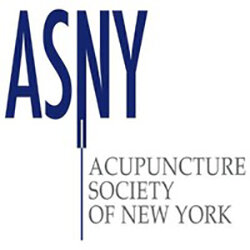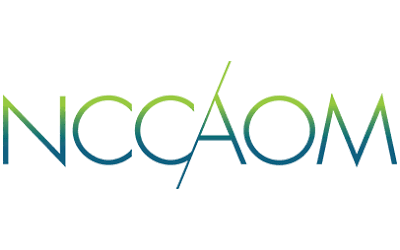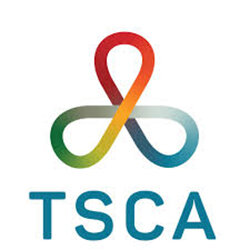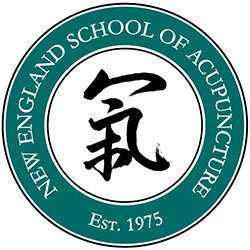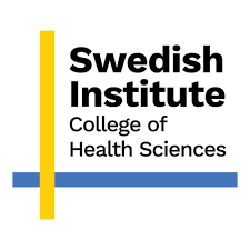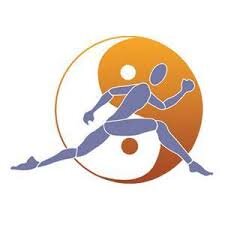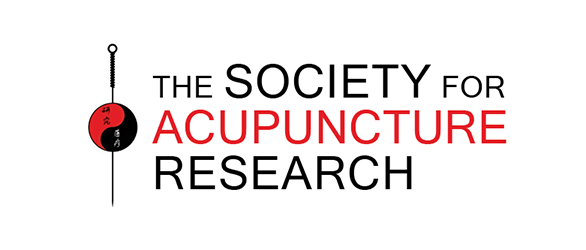What is Reflexology and Does it Work?
/Reflexology and acupressure points and hands and feet can relieve back pain, improve digestion and help with sleep as well as fertility.
Reflexology goes far back to ancient China over 5,000 years ago. Records depicting reflexology in hieroglyphs in Egypt reference its use 2,200 b.c.
According to a history of reflexology timeline, more modern reflexology emerged in the 19th century called zone therapy.
Reflexology is often referenced interchangeably as acupressure or shiatsu, though there are differences.
Reflexology differs from acupressure and acupuncture in that it uses a mapping of a microcosm of the body on the hands, feet, or ears. A reflexologist will press points on the foot, hand, or in the ears that are believed to be a reflex related to an organ. For example, the top of the toe may represent the brain and the arch of the foot the bladder. It is believed that you can access the body’s organ system, by pressing reflex points. Some reflexology maps differ slightly as well.
Reflexology does not use a meridian/channel-based system. What they have in common is massaging an area or point of the body to promote health through the body’s natural healing mechanism.
Which benefits of reflexology have some scientific backing?
Studies do show that reflexology has a positive effect on quality of life, stress, anxiety, and pain.
Studies also show that it can help with low back pain, migraine headaches, poststroke (improves connectivity in the brain) and diabetic neuropathy.
Research on reflexology and MRI imaging shows that specific parts of the brain would light up correlated with reflexology theory and body mapping. The belief is that stimulation of the reflex areas tap into the central nervous system.
Much research on FMRI overlaps with comparing acupuncture points and their specific point functions and neural mechanisms that light up in the brain. With acupuncture points the “real” points light up areas of the brain related to organs and functions versus “inaccurate locations”. Usually, studies refer to non-acupuncture points as “sham”, but touch points on the body and meridians (energy pathways) will send messages through the body. They may not show significance in a “study” trying to map the brain, but it does not mean they are without therapeutic benefit.
What are the anecdotal benefits of reflexology?
Reflexology is a non-drug way to relieve stress and anxiety and is safe and accessible as a therapy. It can be done just about anywhere and does not involve removing all of your clothes
Reflexology is very relaxing and has the benefits of touch therapy. Reflexology is considered a form of massage therapy and improves the mind-body connection increasing the awareness of the receiver of where they hold patterns of stress and pain. Helping the body go from a state of stress response to calm.
For people who have difficulty with sleep, the stimulation on the feet helps to bring the energy downward as opposed to in the head with racing thoughts.
Is there any risk?
With any massage or physical medicine, considerations such as whether the patient has diminished sensory in their feet or nerve damage. Some conditions can cause more inflammation such as RSD.
Women that are pregnant in their first trimester should make sure that the practitioner has experience working with pregnant women.
Is reflexology painful?
For some reflexology can feel painful, and it is believed that is because the reflex area or zone has congestion in the pertaining body part or organ.
Some people have more sensitivity on their feet from wearing shoes all the time. The muscles and connective tissue between the metatarsals and toes get stiff and have less flexibility or joint mobility so when they get mobilized it can feel painful. After reflexology they feel much better.












